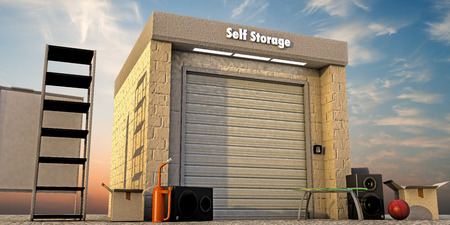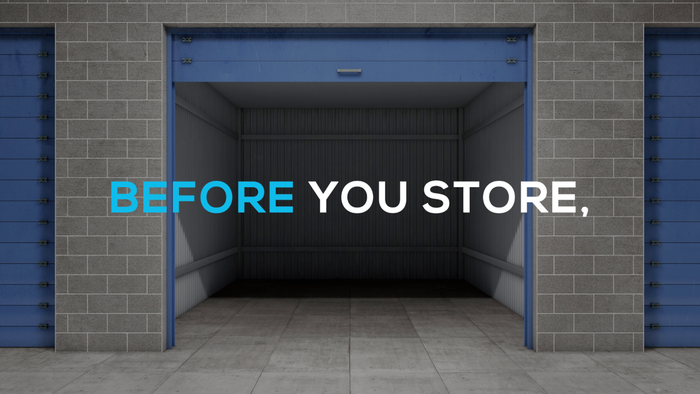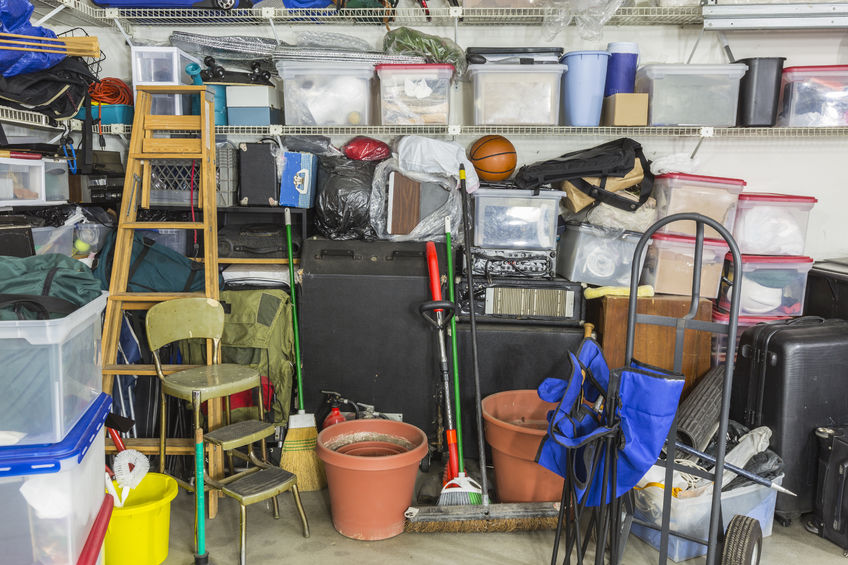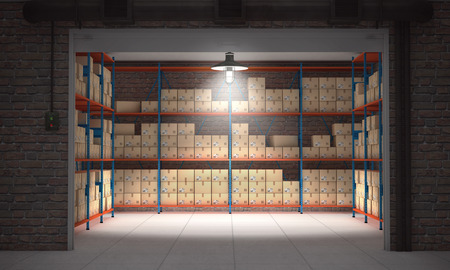In modern fast-paced world, self-storage units have become a common solution for individuals and businesses alike to securely store their belongings. Whether you’re stowing away seasonal items, decluttering your home, or safeguarding important documents, self-storage facilities offer convenience and peace of mind. However, despite their benefits, it’s crucial to recognize the importance of insurance for self-storage units to protect your valuables against unforeseen circumstances.
Understanding Insurance for Self-Storage Units
Before delving into insurance tips, let’s first clarify what insurance for self-storage units entails. Typically, self-storage facilities require tenants to have insurance coverage for their stored items. While some facilities offer their own insurance options, tenants also have the flexibility to obtain coverage through their existing renters or homeowners insurance policies. This insurance gives financial protection in case of theft, damage, or loss of items stored within the unit.
Choosing the Right Coverage
When considering insurance for self-storage, it’s essential to assess your needs and pick the appropriate coverage. Here are some key factors to consider:
- Coverage Limits: Determine the value of the items you plan to store and ensure your insurance policy provides adequate coverage. Evaluate whether the policy covers the replacement price or the actual cash value of your belongings.
- Policy Exclusions: Familiarize yourself with any exclusions or limitations outlined in the insurance policy. Certain high-value items, like jewelry or collectibles, may require additional coverage or separate insurance policies.
- Specialized Coverage: Depending on your storage needs, you may require specialized coverage for specific items, such as vehicles, electronics, or business inventory. Discuss these needs with your insurance provider to customize your policy accordingly.
Tips for Securing Your Coverage
Now that you understand the basics of insurance for self-storage units, let’s explore some practical tips to ensure your coverage is comprehensive and reliable:
- Review Your Existing Policies: Before purchasing additional insurance, review your existing renters or homeowners insurance policies. Some policies may already provide coverage for items stored off-premises, including self-storage units.
- Compare Insurance Options: Take the time to shop around and compare insurance options from different providers. Consider factors such as coverage limits, deductibles, premiums, and customer reviews to make right decision.
- Document Your Belongings: Prior to storing your items, create an inventory and document the condition of each item. Keep a detailed list, comprising photographs or videos, to facilitate the claims procedure in case of loss or damage.
- Understand Facility Security: Evaluate the security measures implemented by the self-storage facility, such as surveillance cameras, gated access, and on-site personnel. Select a facility with robust security features to minimize the risk of theft or vandalism.
- Read the Fine Print: Thoroughly review the terms and conditions of the insurance policy, paying proper attention to coverage limitations, exclusions, and filing procedures. Get clarification from your insurance provider on any ambiguous terms or clauses.
- Update Your Coverage Regularly: Periodically review and update your insurance coverage to reflect any changes in the value or contents of your stored items. Notify your insurance provider of any good acquisitions or disposals that may affect your coverage needs.
Secure Your Storage with SnapNSure!
Unlock peace of mind with SnapNSure’s insurance for self-storage units! Safeguard your valuables against theft, damage, and unforeseen events with our comprehensive coverage options. Benefit from affordable premiums, customizable plans, and hassle-free claims processing. With SnapNSure, protecting your stored items is simple and secure. Don’t leave your belongings vulnerable – Choose SnapNSure today!










Leave a Comment